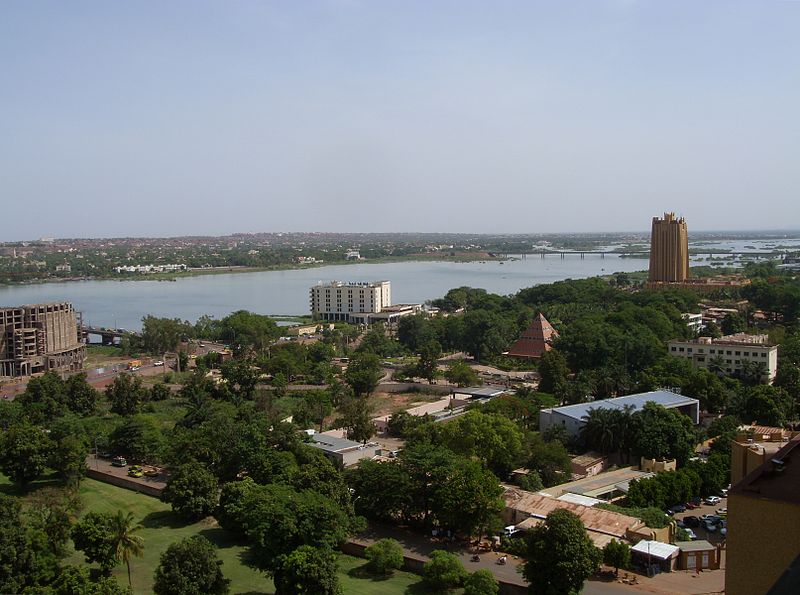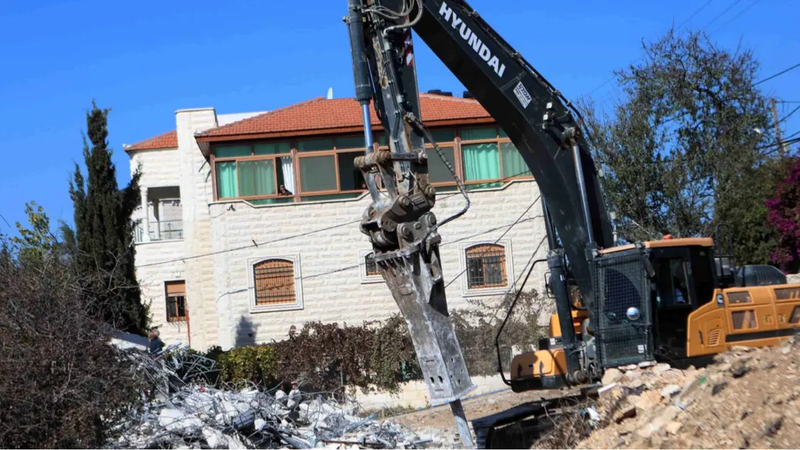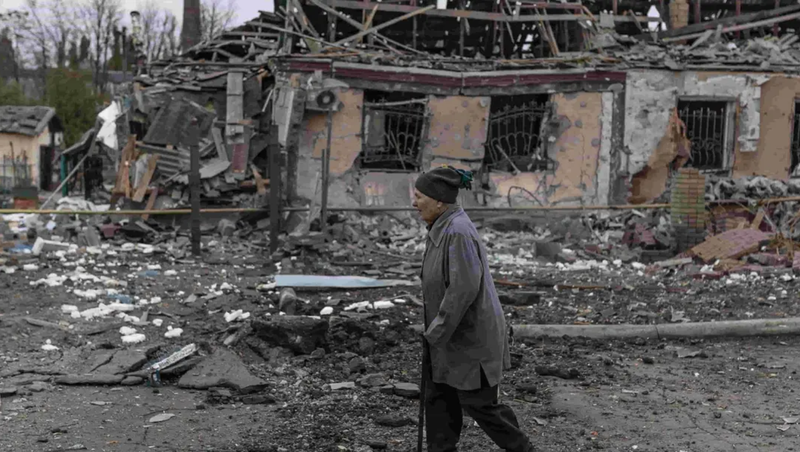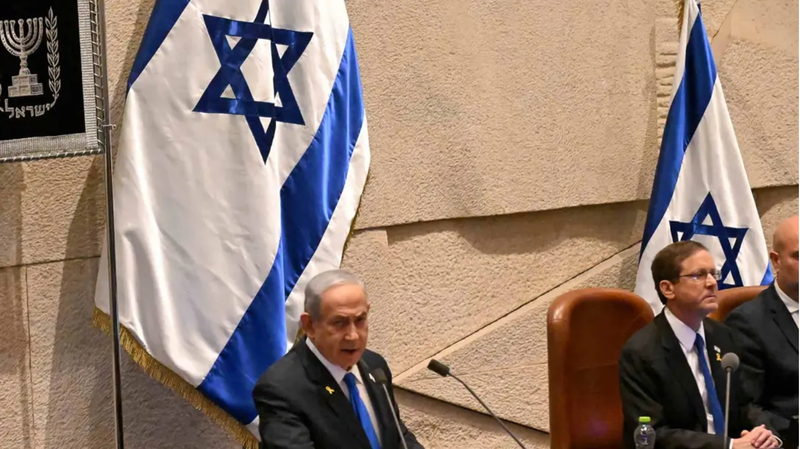Mali: Over 60 Killed in Twin Attacks
At least 49 civilians and 15 soldiers were killed on Thursday in two separate attacks by suspected Islamist militants on a passenger boat and an army base in Mali, according to the country's armed forces....

0:00
/0:00
Facts
- At least 49 civilians and 15 soldiers were killed on Thursday in two separate attacks by suspected Islamist militants on a passenger boat and an army base in Mali, according to the country's armed forces.1
- The attack on the ferry in the country's north near Timbuktu occurred Thursday morning, followed by an attack on a military camp in the neighboring Gao region later that day. The Malian government has announced a three-day national mourning period after the attacks.2
- Approximately fifty militants were killed by the military during the assaults in the conflict-ridden north of the country, the military government said, adding that the attacks were claimed by the local and al-Qaida-affiliated Group for the Support of Islam and Muslims.3
- The vessel, traveling on the Niger River — a major transport route — from the city of Gao to Mopti, was hit by at least three missiles aimed at its engines, according to the operator Comanav. The army then launched an evacuation operation for passengers on the stranded ship.4
- The attacks came shortly after Islamist groups imposed a blockade on Timbuktu in late August to prevent the supply of vital goods to the historic city, prompting the Malian government to send military reinforcements to the region.5
- Mali has been plagued by instability since a 2012 Tuareg rebellion that militants have exploited and expanded. Recently, attacks surged again when the UN mission in Mali handed over two encampments near Timbuktu to the military after being ordered to leave the country by year's end.6
Sources: 1Al Jazeera, 2New York Times, 3Mint, 4BBC News, 5Dw.com and 6Africanews.
Narratives
- Pro-establishment narrative, as provided by The national. That dozens of innocent civilians and soldiers have been killed yet again is the result of the Malian junta's short-sighted policies. Bamako's decision to kick out the UN blue helmets allowed the Islamic State group (IS) to double the territory it controls in the country. Moreover, since the regime's calculation to trust the Russian Wagner mercenaries did not work out, an ominous mix of IS terrorists, local Islamists, and Tuareg rebels now threatens to usher in a new era of violence and chaos in the country and the region.
- Establishment-critical narrative, as provided by The cradle. The recent deadly attacks are a sad reminder that the terrorist threat in Mali remains very real. However, the attacks are a symptom, not the cause of the problem. The alleged 'war on terror' in Africa is nothing more than a cover under which France and the collective West, with the UN as a tool, ensure they can continue to control the economic and political fortunes of African countries. Countries like Mali, however, have decided to take the rocky road of achieving true decolonization and welcoming new partners like Russia.






